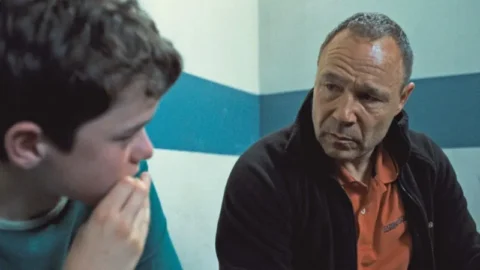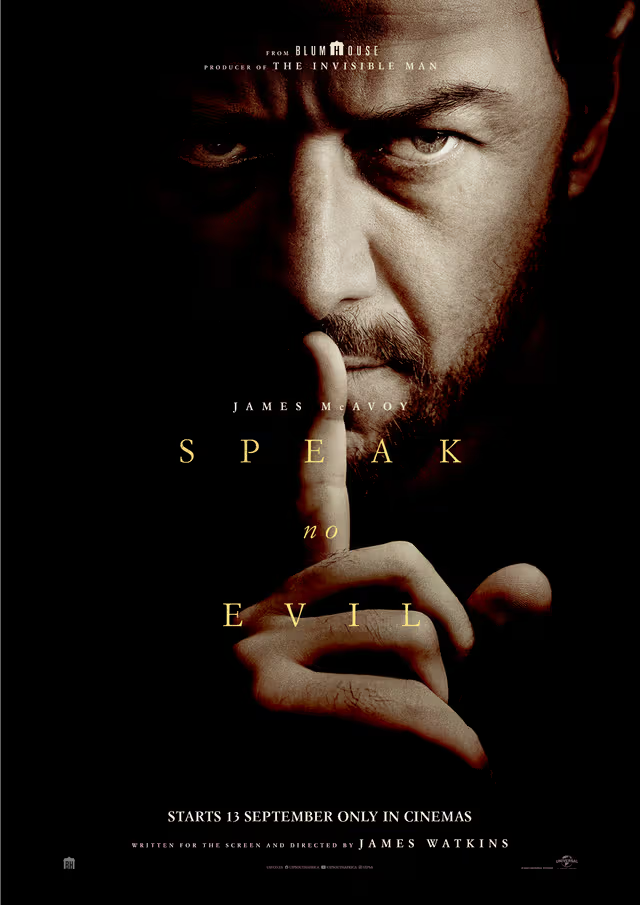The Metropolitan Club in Lagos recently hosted the grand premiere of a powerful and thought-provoking documentary titled The Decolonisation of Africa.
It was an evening of reflection, storytelling, and an awakening of the African spirit, as dignitaries, cultural enthusiasts, and storytellers gathered to witness the birth of a project that aims to reframe the narrative of the continent’s complex history.
The premiere was organised by Accelerate Media Group and marked a significant moment in the ongoing journey to reclaim Africa’s stories and identities from the shadows of colonialism.
At the heart of the documentary’s creation was Colette Otusheso, the Executive Producer, who recounted how a conversation with former Nigerian President Olusegun Obasanjo served as the spark that ignited the entire project.
She described the moment as a pivotal one that gave clarity to a long-held desire to see Africa take control of its historical narrative.
That conversation, combined with the visionary ideals of the late Dr. Herbert Wigwe, former CEO of Access Holdings, set the tone for a documentary that was not just informative but transformative in its mission.
According to Otusheso, Dr. Wigwe believed deeply in the power of storytelling to shape identity and legacy. He understood that for too long, the African story had been told through a colonial lens, filtered by foreign interpretations that lacked authenticity and nuance.
Wigwe’s dream was to empower Africans to reclaim their voices, to tell their stories as they truly were—not as the world assumed them to be.
His belief in this vision continues to inspire the project and fuel the passion behind its execution.
Otusheso described the development of the documentary as a process grounded in purpose and meticulous care. Bringing the vision to life required assembling a team that could deliver not just technical excellence, but historical truth.
She reached out to Ed Emeka Keazor, a distinguished historian and researcher known for his deep understanding of African history and post-colonial thought.
Keazor’s involvement added the intellectual backbone necessary to give the documentary its depth and authenticity.
In Otusheso’s words, Keazor brought both credibility and clarity to the storytelling. His approach to research was thorough and insightful, providing the documentary with a foundation that honoured the complexity of African history while making it accessible to a wider audience.
His framing of the decolonisation narrative helped ensure that the final product was not just historically sound, but also emotionally resonant and culturally meaningful.
To complement the scholarly depth, Otusheso also sought out a bold and creative mind to bring the visual and emotional power of the story to life.
She found that in Bardia Olowu, a young and vibrant director whose artistic sensibility aligned with the documentary’s ambitious vision.
Olowu’s direction infused the film with a fresh, energetic lens, bridging the past with the present in a way that could resonate with audiences across generations.
Otusheso was deliberate in her choice of a younger director, noting the importance of making the documentary relatable to Africa’s burgeoning youth population.
She wanted a storyteller who could honour the gravity of the past while finding new ways to engage a generation eager for stories that reflect their heritage, struggles, and potential. Olowu brought that balance—reverence for history with a boldness to innovate and inspire.
For Otusheso, The Decolonisation of Africa is more than a documentary; it is a cultural statement, a reclaiming of voice, and a tribute to the resilience and richness of the African experience.
She described it as a declaration of identity, a rallying call for Africans everywhere to embrace their history and actively shape their future.
The documentary, she said, serves as both a mirror and a map—reflecting who Africans are and guiding them towards who they can become.
Former President Olusegun Obasanjo, whose insights inspired the documentary, spoke passionately at the premiere. He emphasised that political independence, while significant, is not sufficient.
True freedom for Africa must also encompass economic sovereignty, social empowerment, and psychological liberation.
According to Obasanjo, the time has come for Africans to lead themselves with dignity and confidence, reclaiming their position on the global stage.
“If America can lead the white race and China the Chinese,” Obasanjo declared, “then Nigeria is destined to lead the Black race.”
His words echoed a deep sense of responsibility and possibility, urging African leaders and citizens alike to rise above the remnants of colonial influence and embrace their full potential.
Also present at the event was Fola Adeola, President of The Metropolitan Club, who praised the documentary for its timeliness and relevance.
He described it as a powerful reminder of Africa’s enduring strength and an important tool for fostering a renewed sense of purpose.
Adeola underscored the need for continuous reflection and storytelling as Africa navigates the future.
The premiere also featured heartfelt tributes to the late Dr. Herbert Wigwe, whose unwavering belief in the project was instrumental to its realization.
His legacy, as noted by Otusheso, lives on in the documentary’s message and impact. She expressed deep gratitude to Access Bank for its steadfast support of cultural projects and its recognition of storytelling as a force for change and preservation.
Through Wigwe’s vision and the bank’s commitment, The Decolonisation of Africa has emerged as a beacon of hope, truth, and pride for the continent.










